Lifting and Low Back Pain
$ 18.50 · 4.6 (352) · In stock
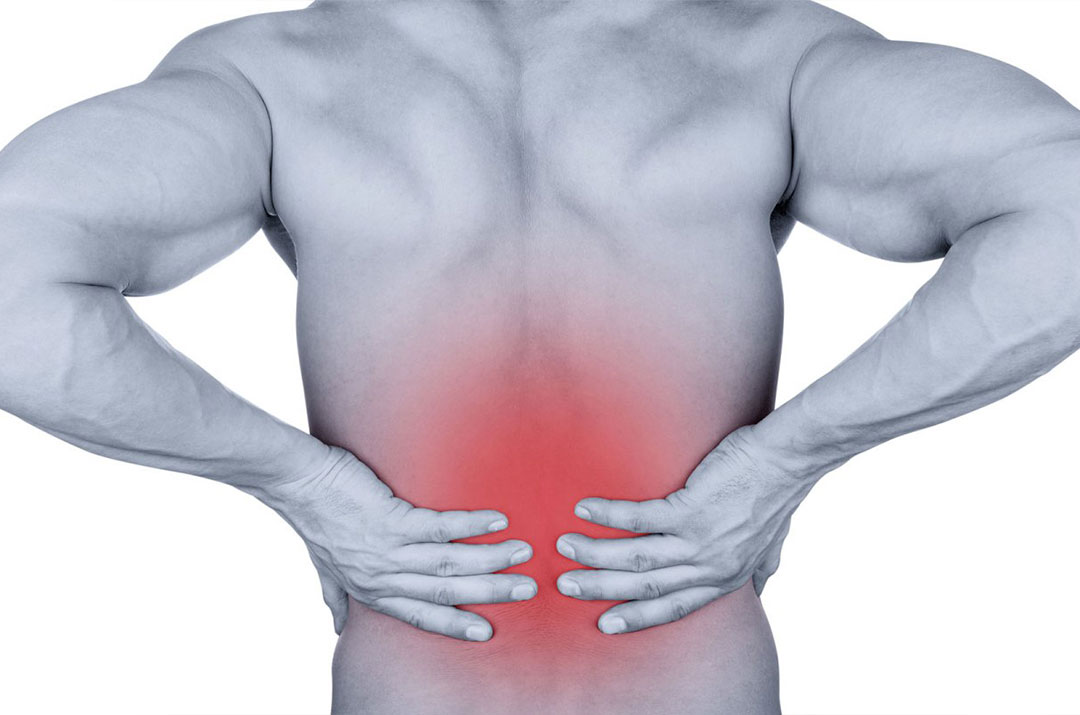
It is estimated that 80% of adults will experience low back pain at some time in their life. Naturally, low back pain is one of the most common injuries seen with weight lifters and fitness athletes. Movements such as the deadlift, hang/power clean, and squat are foundational for building strength. However, we often see athletes perform these lifts with improper movements patterns. This can cause increased loading of the tissues of the lower back, which may ultimately lead to the development of back pain. Movements such as the deadlift, clean, and squat require a combination of strength/power, mobility, and motor control. If any of these elements are missing, the body will compensate to find a way to complete the movements. Common compensations that may cause back pain while lifting include: Increased lumbar flexion (increased rounding of the lower back) Increased lumbar extension (increased arching of the back) Overuse of the lower back musculature Screening for Strength/Endurance of the Lower Back Musculature In order to perform lifts such as the clean and deadlift without back pain, it is important to ensure that the muscles of the lower back have sufficient strength/endurance. One way to assess this is through the Biering-Sorensen Test. […]
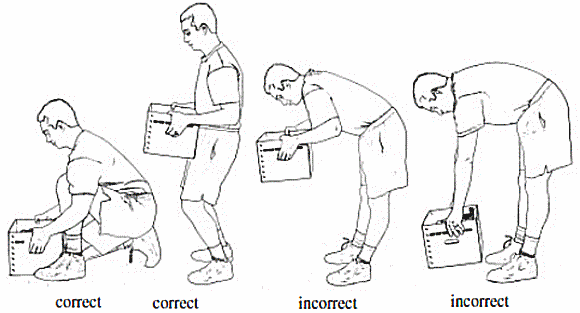
Low Back Pain Relief - Seeking Solutions That Can Help
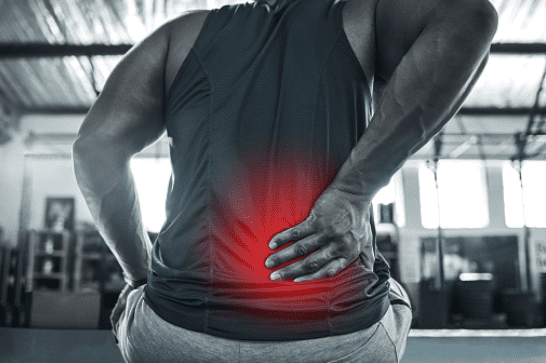
Lower Back Pain from Lifting Weights - Causes and Treatments

What do UK osteopaths view as the safest lifting posture, and how are these views influenced by their back pain beliefs? - ScienceDirect

Beliefs and attitudes about low back pain in Argentina: A cross-sectional survey using social media - Musculoskeletal Science & Practice

Stop doing THIS if you want your lower back pain to improve! - Talk Health

Lifting Things Badly Doesn't Cause Back Injuries

How to manage and prevent back pain?
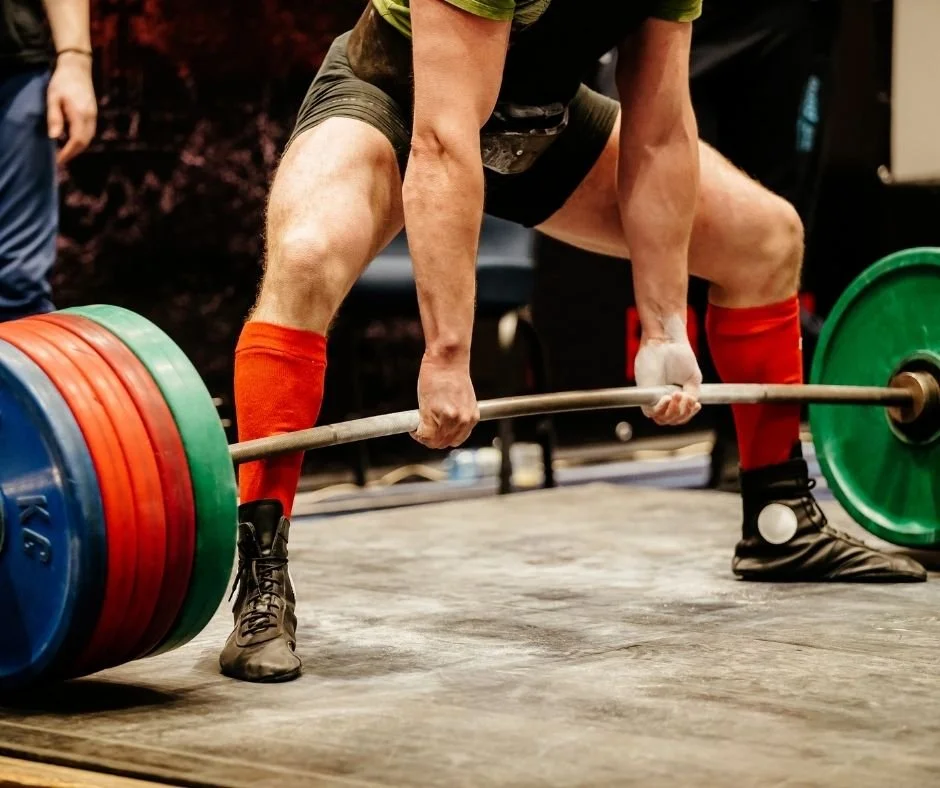
Is it OK to round your lower back when you lift?
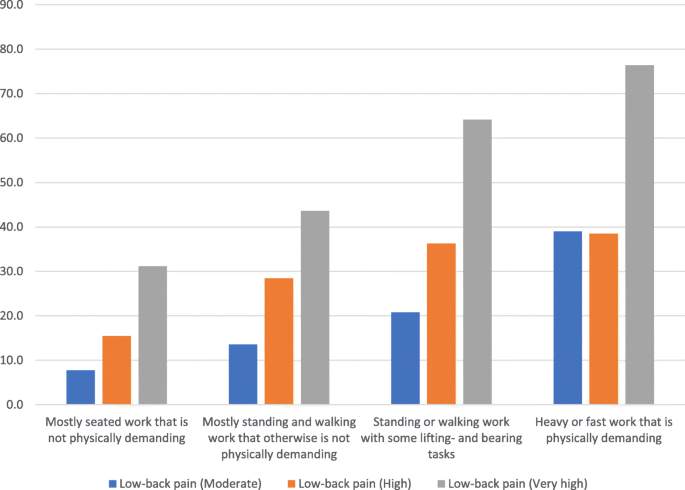
Is low-back pain a limiting factor for senior workers with high physical work demands? A cross-sectional study, BMC Musculoskeletal Disorders